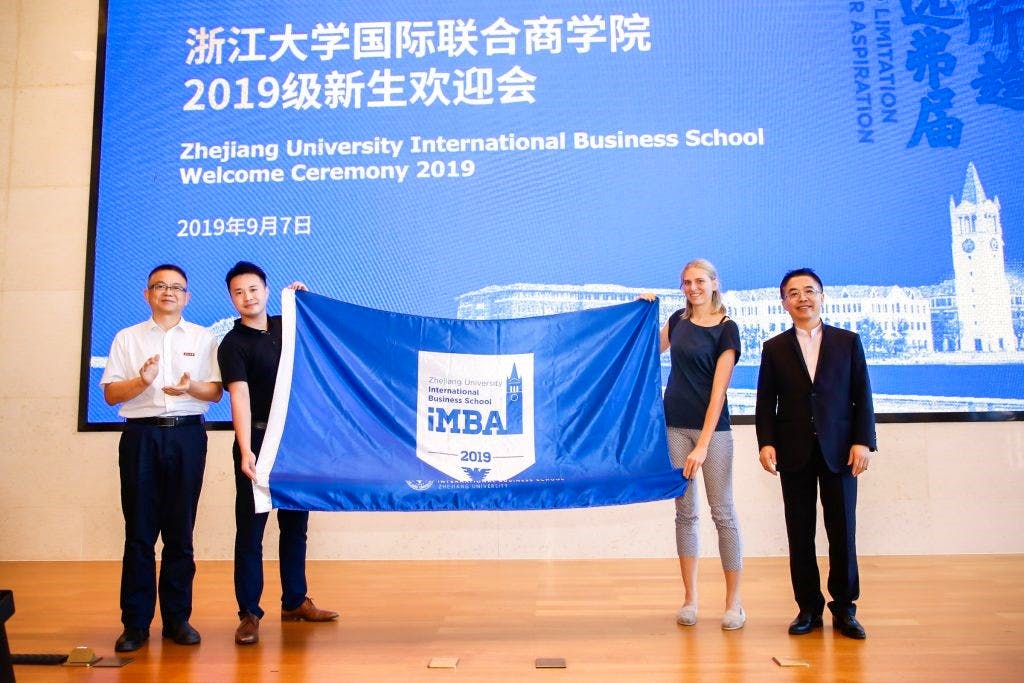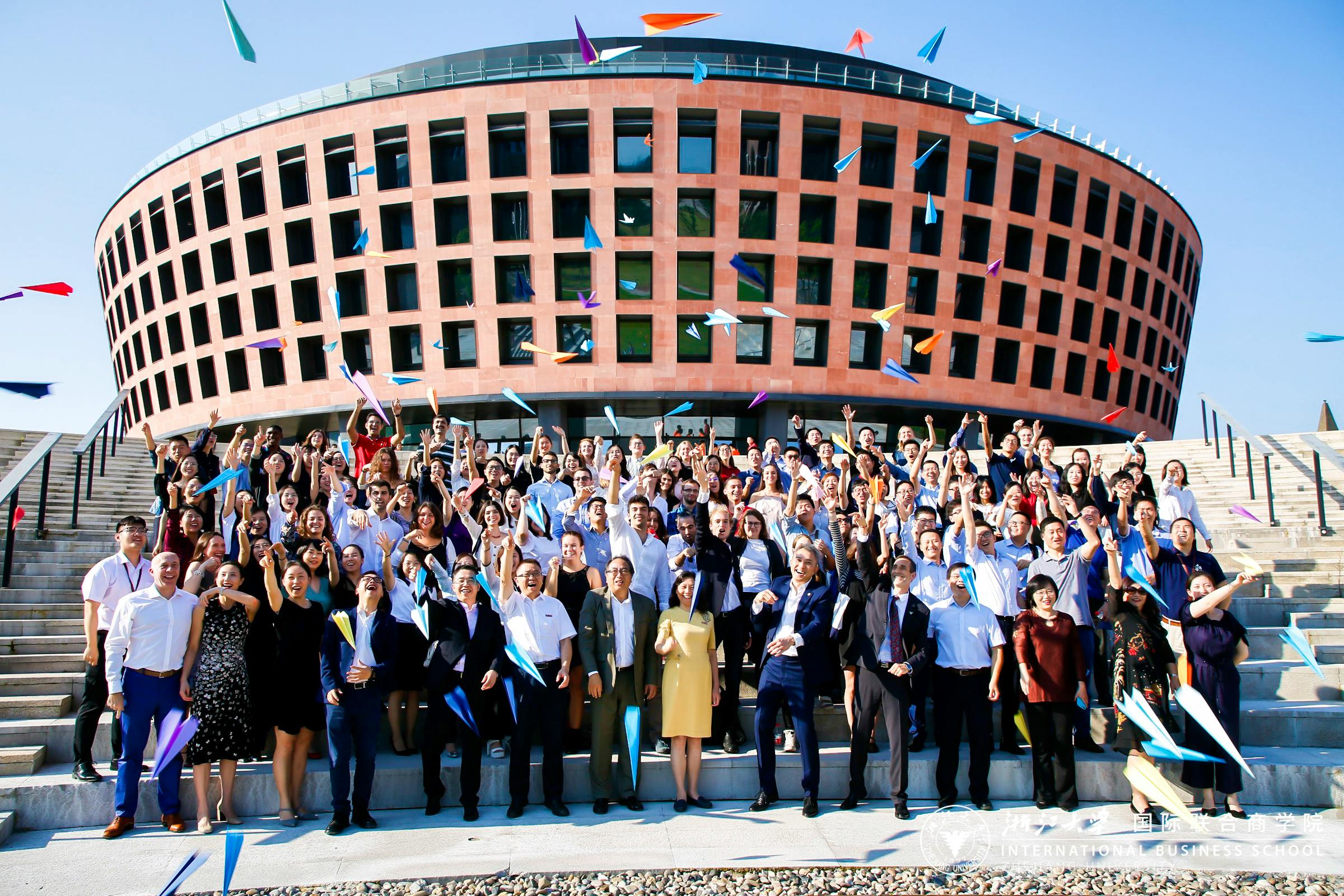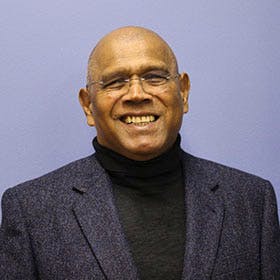Claire has an impressive educational background and qualifications. She obtained her Bachelor of Applied Science (BASc) major in Chemical Engineering and Consulting Engineering at the Rose-Hulman Institute of Technology in Indiana.
Recently, Claire accepted the class banner on behalf of the 2019 iMBA freshmen during the welcome ceremony for Zhejiang University students held at Haining International Campus. Besides working hard for her MBA, she works as a full-time project engineer.
Read this interview to find out how Claire started her China journey and why she decided to enroll in the part-time iMBA program at ZIBS.
Hi Claire, can you tell us something about yourself?
Hi, my name is Claire Stark, I work as an engineer in China for international projects. I enjoy running and I also love travelling because I get to see all the beautiful places in China and Asia.
Why did you choose to study in China?
It’s quite a story, but in essence, I was lucky that when my company had a merger, they assigned me to travel abroad, which I really love. I was assigned to different countries with different roles but within my specialty.
After trying different options, China was the most dynamic and the country had the most potential. I also loved the culture so I ended up moving here.
I wanted to take my career to the next level and to do this, I needed a better educational background. I focused on specific areas that I needed to improve on. In the process, I realized I was enjoying working here in Asia and getting an MBA here can help me with the application.
I’m lucky to have studied at a university in the United States. I understand the work environment, and how to contribute innovative ideas. But I also need to know more about how to work with other cultures.
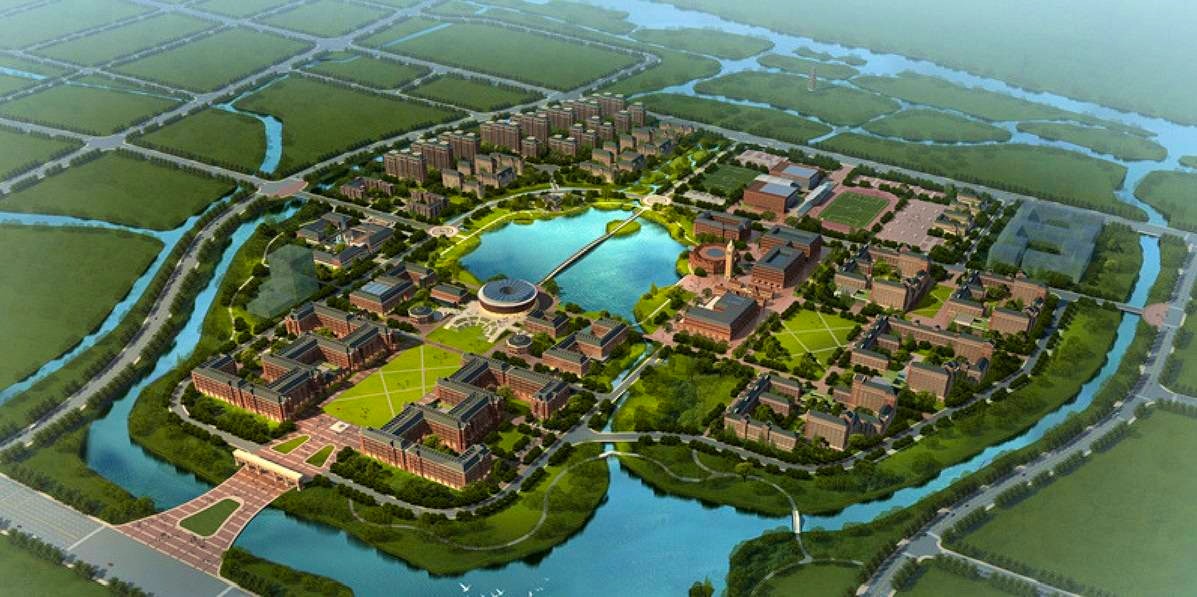
Why did you choose ZIBS-iMBA?
There are many reasons why I chose ZIBS-iMBA. First, it’s an excellent Chinese institution. ZIBS is top-ranked in Asia. I’m working at the same time while studying an MBA so it’s a big plus that I can come to class on the weekends. This allows me to continue my full-time job, which is extremely important. Second, ZIBS MBA is very innovative. The institution works with the students and the faculty to improve the program.
What is the curriculum like at ZIBS-iMBA?
ZIBS-iMBA has an interesting curriculum. The program is taught in English, but half of it is also taught in Chinese. It’s really an advantage when it comes to local perspective. The other thing that I like is they bring innovative teaching classes that train students with lifelong learning instead of just giving them general facts and ideas.
A good example is in my macroeconomics class. Usually, you’re just given baseline understanding but every student was required to do presentations, create individual and team questions and provide case studies. This is a hallmark of a good MBA program.
It’s less about knowing “just to know” but more about how you can work with a diverse group of students and how you can get positive feedback from each other.
How do you find other students taking the program?
My program is relatively new, so what’s interesting is, most students enrolled in the program are Chinese. I got to see parts where Chinese thinking is more advanced as well as where they are lacking. With my specific set of skills, I can give back to other students.
The program also helps me with my day-to-day job, how I interact with my colleagues to make sure that they understand me and how to resolve problems with my work.
Which part is Chinese thinking far ahead than international thinking?
The Chinese are more technologically-advanced than what I am used to back at home. They easily pick up new technology and adopt it in their daily lives.
The other thing that I noticed is the concept of sharing economy and how readily available it is to people. The location of the university influences the number of students who work in finance as well as in technology companies. Seeing what they are working on and what they see is the next big leap is always interesting because I work in a heavy manufacturing industry where we are normally behind the curve on things.
What are the main things you learned from the program?
The program is very fast-paced. I’ve learned about many cultural situations and the business side of things that I can apply to my everyday work. I get to understand how decisions are being made by upper management.
My background is in engineering so I’m very good at Math and Science. However, when it comes to financial management and international trade, I don’t have extensive knowledge. By studying an MBA, I am able to fill in those gaps. Since classes are done in a more Chinese environment, I am able to go to my office and present ideas in a more pliable way. It makes me more effective in my day-to-day job.
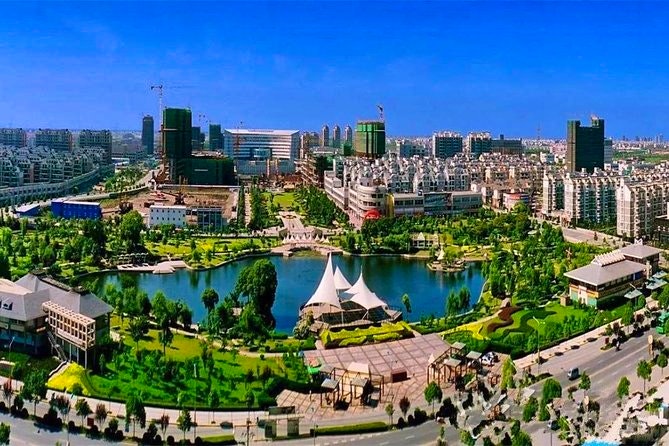
Can you tell me about the location of ZIBS?
The university is in Haining. It’s an interesting location halfway between Qianxiang Ai, an hour from the cities. It’s a gorgeous little town and it’s interesting what they are doing here. They’ve put up a mid-western, American college in the middle of China.
The reason I like it here is I get to step away from my usual Hangzhou life. I get to sit and focus while I am here. Also, the great part is when you step on campus it’s very international, but when you step out it is very Chinese, so it helps my Chinese a lot.
How is your Chinese now?
It’s surprisingly bad, but getting better. My company pays for me to have lessons in Chinese, but my program is in English so it hasn’t been advancing as it should. But with this program and the requirement that everyone has to take Chinese, that was also a major selling point.
I know that the Chinese I am going to learn will be relatively basic but it’s enough to make my daily life smoother.
Do you think it’s important to speak Chinese if you’re working in China?
I have mixed ideas about this topic. Frankly, the higher your position in a company, the less training you need. The question is, what’s the jump, where are you going to next and what are your long-term goals?
Outside China, Chinese is not that useful unless you’re directly working for a Chinese company. In my company, all of our upper management professionals don’t speak Chinese. But for me, and where I am now, Chinese is important as it does make my work easier.
What kind of student would be well-suited for ZIBS iMBA?
The kind of student well-suited for this program is ambitious. He/she is trying to reach that next level. With the location of the university and the way the program is scheduled, you are lucky that every time you go to class you get to meet the world’s most innovative thinkers.
Whatever the topic that they give you or the insights that they teach you, there’s always something new to learn. On top of everything, the faculty and staff are willing to extend the opportunities to you if you’re willing to take them.
They are working on several incubator programs for students who want to start their own companies. They are always willing to hear your ideas.
The program is intensive so you come to class and it is 12 hours a day, for two days and you go back to work. If you’re a professional and willing to come in and do the work while in China, the rewards could be very beneficial.
What can you say about the professors at ZIBS?
The professors are a diverse group of people and thinkers. One thing I like is they speak their minds.
The university has a good mix of professors who teach at other universities as well as people who have a strong business background who come to teach. This year, we had five classes and four nationalities. We had professors who taught that came from Singapore, Russia, South Africa, and a Chinese professor. These people are amazing and spectacular.
We had a macroeconomics professor who taught from one of the institutes in Russia. When I was in undergrad, I came across the papers that she published. They were about how to understand wealth and equality in the United States.
Another professor we had worked in the World Bank. She worked on how to make finance more inclusive. She was also the first female head of IT in the World Bank.
It’s a wide range of experience and ZIBS works very hard to bring in people who have interesting things to say and are willing to say them. The professors and lecturers don’t only discuss how to grow the Chinese economy, but caring about people, why it’s important to have economic growth and how it affects poverty.
Anything else you can add about the program?
The program is well set-up for young working professionals in China who works in a major city and who wants to understand the system in China. More so, it’s for professionals who want to gain empathy and understanding of what’s happening here.
It’s a good experience to see the global perspective in China and how technology is shaping as well as what’s going to happen here in 20 years.
Thank you, Claire, for your helpful insights and for giving us a peek of the MBA program at ZIBS. We wish you the best of luck!
Start your ZIBS-iMBA application with China Admissions.
- 5 Tips to Get a Scholarship in China this 2025 - July 16, 2024
- Study MBBS in China: Admissions Guide for 2024! - June 12, 2024
- 8 Universities in China with the Best Online Chinese Programs for 2024 - June 2, 2024
